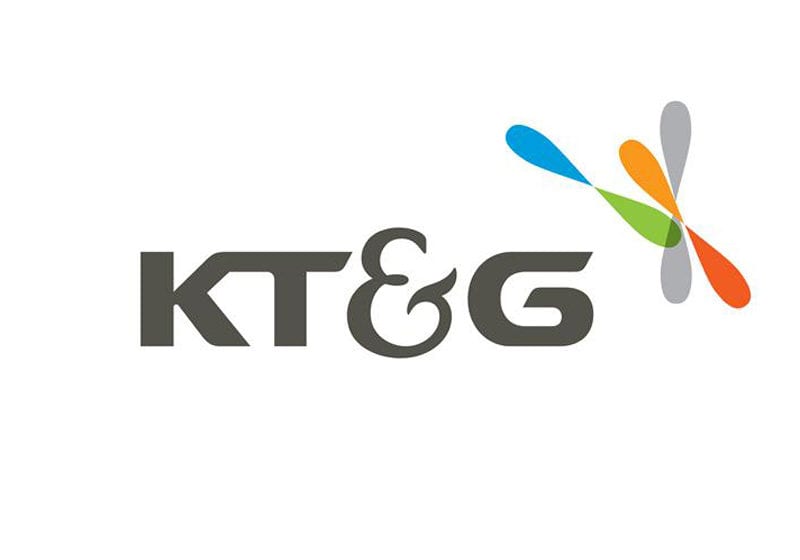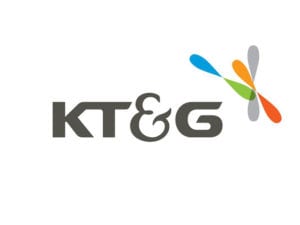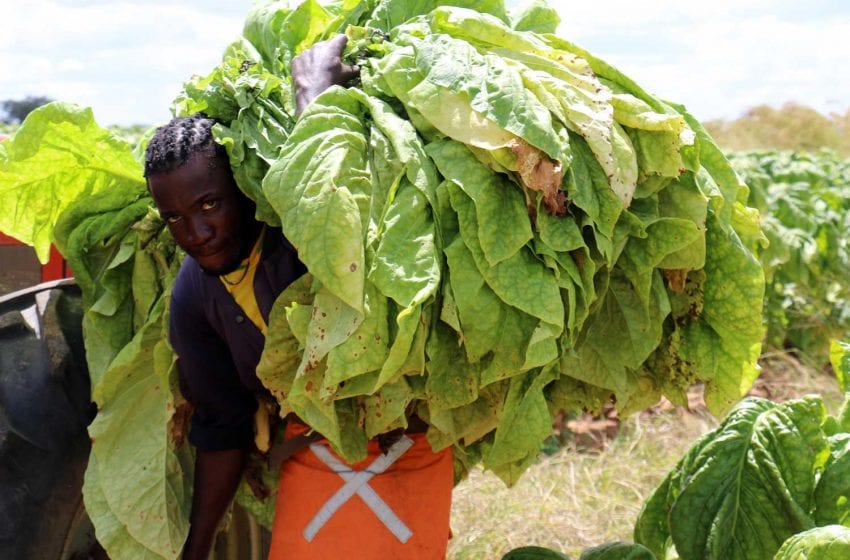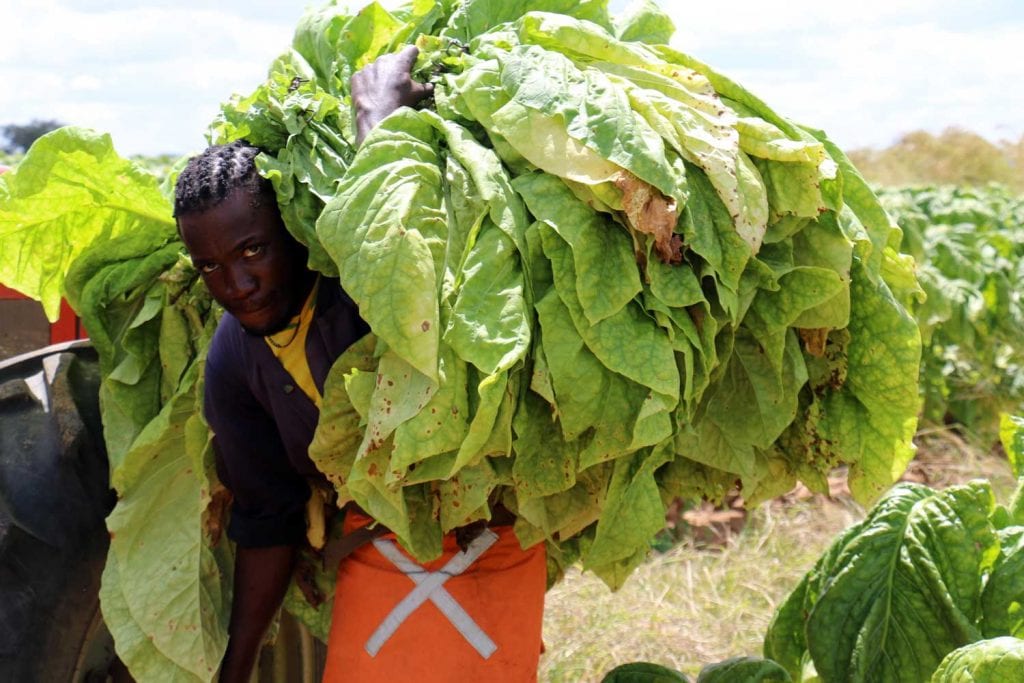
Schweitzer-Mauduit International (SWM) reported sales of $1.07 billion in 2020, up 5 percent from 2019. GAAP operating profit was $128.8 million, or 12 percent of sales, down 4 percent. Adjusted operating profit was $171.6 million, or 16 percent of sales, up 8 percent.
“We are very proud of the performance of our business in a year marked by volatility and uncertainty,” said SWM CEO Jeff Kramer. “We delivered another year of adjusted EPS [earnings per share] growth to $3.68, over $128 million of free cash flow, and exited the year with strong organic sales momentum in AMS [advanced materials and structures].”
In the engineered papers segment, SWM reported sales of $530.9 million in 2020, down 3 percent from 2019, with immaterial currency impacts.
A volume decline of 3 percent was partially offset by positive price/mix performance of 1 percent. Price/mix benefited from a higher mix of high-value cigarette, heat-not-burn, and battery separator papers and a smaller proportion of lower margin nontobacco volumes compared to the prior year period. The 2020 volume decline was driven primarily by the continued strategic deemphasis of lower margin nontobacco volumes while tobacco-related papers declined modestly, in line with industry attrition.
GAAP operating profit was $116.8 million, down 2 percent, and included the $16.2 million of restructuring and site closure expenses. During the third quarter, SWM reached an agreement with a large customer to shift production of papers purchased from the company’s Spotswood, New Jersey, USA, site—which exclusively served this customer—to other SWM facilities. As part of the transition, SWM worked collaboratively with the customer to co-develop a new production technology to better meet the customer’s needs, and SWM and the customer signed a new multi-year supply agreement.
SWM shut down the Spotswood facility during the fourth quarter, and for full-year 2020 incurred $11.7 million of restructuring and related site closure costs, which are excluded from adjusted financial metrics.




 KT&G received an AA rating in Morgan Stanley Capital International’s (MSCI) environment, social and government (ESG) index evaluation—one level higher than it received last year and the highest score for a Korean company.
KT&G received an AA rating in Morgan Stanley Capital International’s (MSCI) environment, social and government (ESG) index evaluation—one level higher than it received last year and the highest score for a Korean company.













